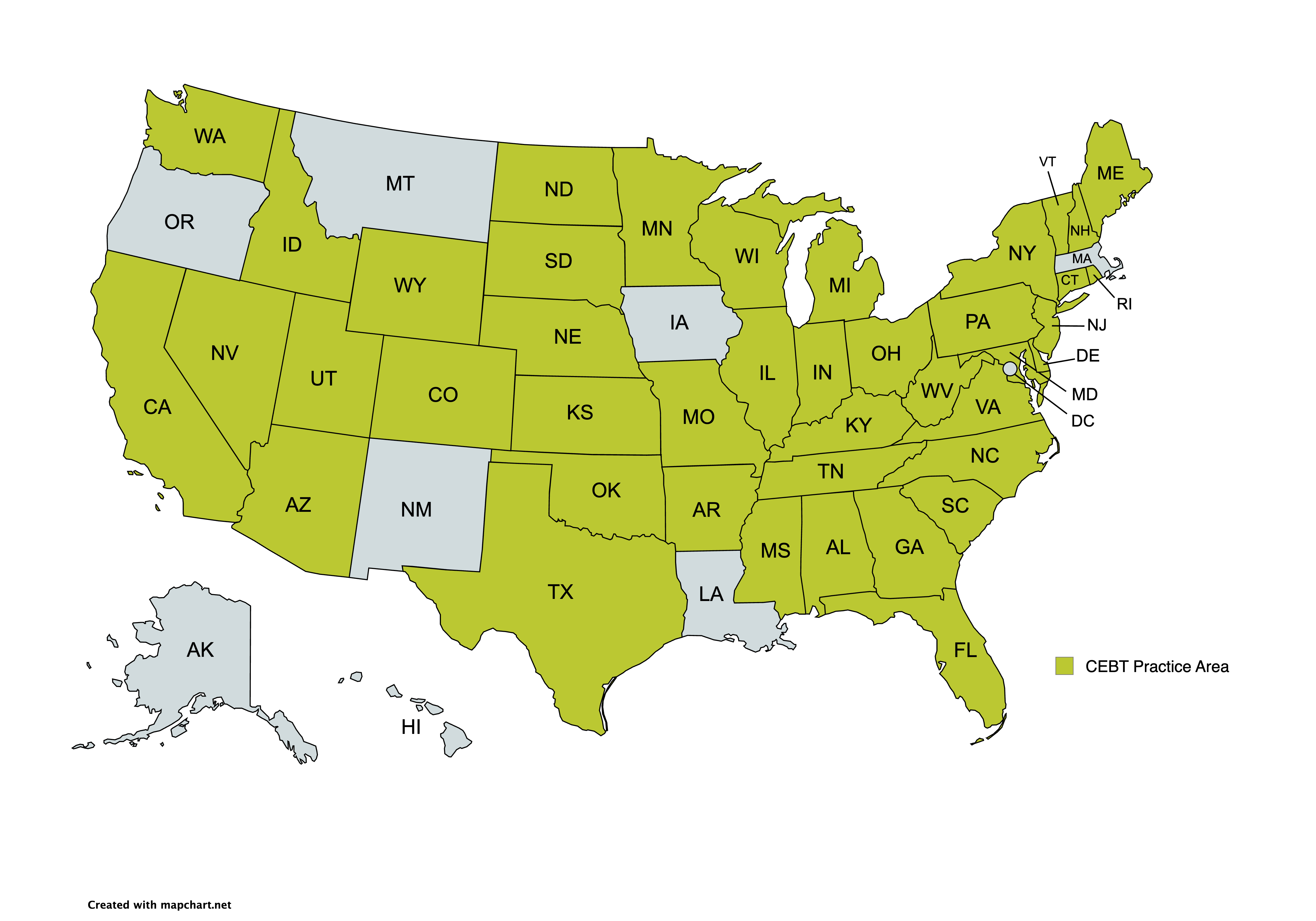Does teletherapy really work?
We’ve been providing therapeutic services via telehealth since 2018. It lends flexibility for:
- Families with children away at college or camp, who can’t return home for treatment
- Individuals in rural areas where therapeutic resources are limited
- People whose local mental-health clinic doesn't offer evidence based treatment
- People who travel frequently for work
- Families who aren’t within driving distance, or don’t have transportation, to evidence based treatment specialists
- Adjunctive to traditional therapy to provide in-vivo support during treatment
Out of necessity, we offered virtual sessions exclusively during the pandemic – even as we wondered how the effectiveness of treatment would be impacted.
As an evidence-based treatment center, we use widely accepted “three-legged stool” approach to treatment planning with the legs comprising:
- Research
- Clinical Expertise
- Client Preferences
Here's how it applies to the question of receiving therapy in person v. virtual sessions:


